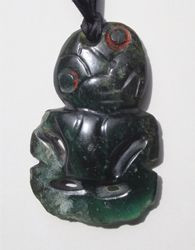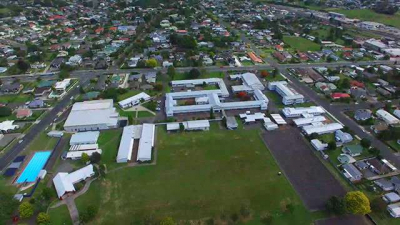House Names
Kōwhai (Iconic NZ Native tree; yellow flowers) was Selywn
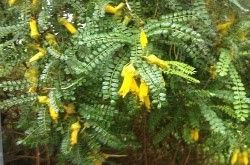
Pounamu (Greenstone; symbol of strength/status) was Melrose
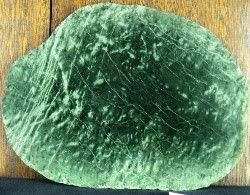
Pōhutukawa (NZ’s Christmas Tree with a red flower) was Cameron
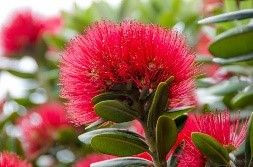
Kikorangi (Blue; deep blue sky) was Gorst

The whole set of names link to Te Tai Ao, the universe.
Kikorangi
Kikorangi is the word for blue, used to refer to oceans, lakes and the sky.

Kōwhai
The colour of the kōwhai flower is so distinctive the word is used to identify the colour yellow. The birds gather as they feed off the nectar so you’ll see the trees full of tui in the spring.The bark and sap are used as rongoa, for healing. Once George Nepia used it to reduce severe bruising and could play again for the All Blacks the same week.
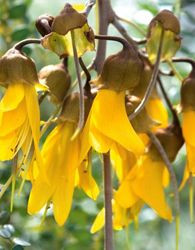
Pōhutukawa
The Pōhutukawa is used in a parable teaching people to be careful what they discard: Chiefs wore raukura, red feathers, in their hair, reflecting their status. As the migrating waka approached the shore they saw the red of the pōhutukawa. Not realising they were flowers instead of feathers the chiefs threw their tired, well-used raukura into the sea as they thought there were plenty of raukura available.
A 100-year-old feather retains its vibrant colour due to refraction not pigmentation. The flower will never last like the feathers did.
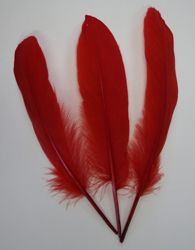
Pounamu
Early Māori used stone tools for carving wood and people and food. Shiny black obsidian can form a sharp edge but loses its edge quickly whereas pounamu is a hard stone, hard enough to cut sheet metal, and once it’s sharpened the edge lasts.
Pounamu is only found on the West Coast of the South Island. Other iwi traded with Ngai Tahu to possess some of this taonga. Every piece was used, from large adze, patu and chisels, and the tiny remnants were used for ear rings. To use it as an adornment was unusual because of its high value, therefore to have a Hei Tiki reflected the recipient’s status.
Pounamu comes in multiple shades from darkest green to streaky very pale green.
